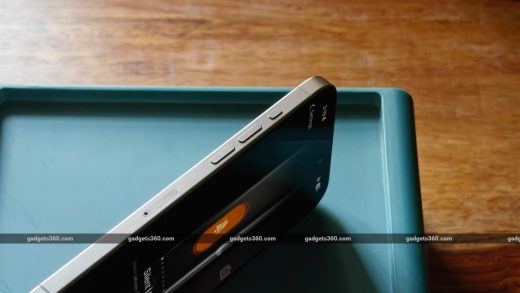
The White House on Tuesday unveiled a new label for smart thermostats, baby monitors, app-controlled lights and other internet-connected devices that will allow consumers to see how the increasingly popular items rate on cybersafety criteria.
The Cyber Trust Mark – a stylised shield logo with microchip-style detailing – is meant to give American consumers a quick and easy way to evaluate the security of a given smart product, much like US Department of Agriculture labels on food or Energy Star ratings on appliances.
Companies seeking the label for their products must meet established cybersecurity criteria from the US National Institute of Standards and Technology via compliance testing by accredited labs.
An increasing number of everyday devices are being connected to the internet: garage doors, fitness trackers, security cameras, voice-activated assistants and even ovens and trash cans, providing users with added convenience but introducing novel risks.
“Each one of these devices presents a digital door that motivated cyber attackers are eager to enter,” US Deputy National Security Advisor for Cyber Anne Neuberger told reporters on a call.
The Cyber Trust Mark is voluntary. But Neuberger said she hoped “consumers will start asking for the label and saying, ‘Look, I don’t want to connect another device in my home, a camera, a baby monitor that risks my privacy.'”
She said the government plans to start with consumer devices such as cameras before moving on to home and office routers and smart meters. Products bearing the label should be hitting store shelves sometime this year, she said.
The White House is also planning an executive order in the final days of the administration of President Joe Biden that will restrict the US government to only buying Cyber Trust Mark products beginning in 2027. The program has bipartisan support, she added.
© Thomson Reuters 2025
(This story has not been edited by NDTV staff and is auto-generated from a syndicated feed.)
Catch the latest from the Consumer Electronics Show on Gadgets 360, at our CES 2025 hub.



